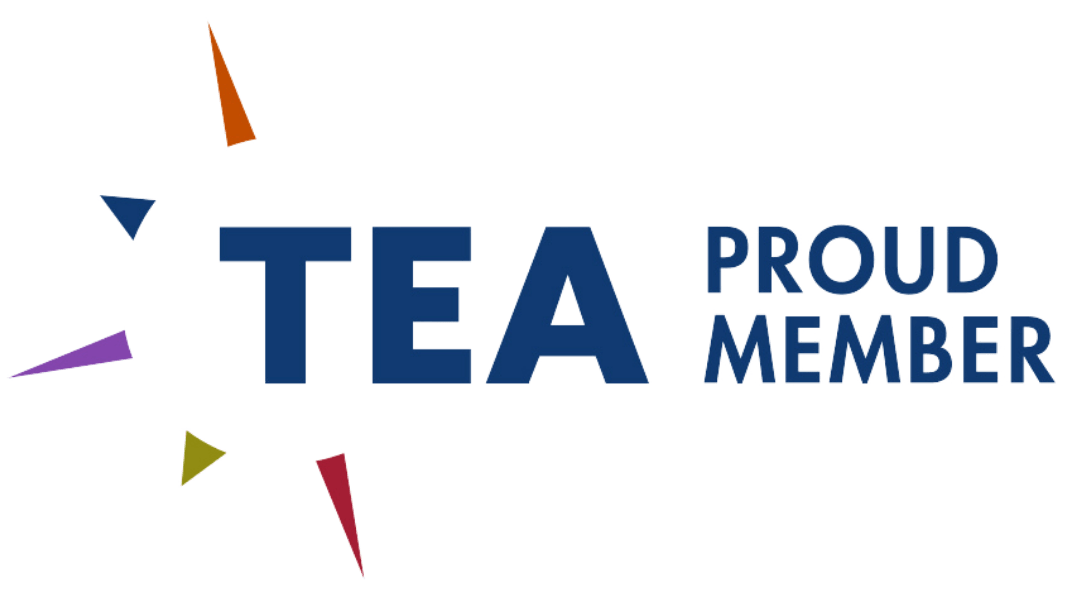Tourism knows no boundaries. Not even for visitors with disabilities. This implies that an approach is needed that is integral and coherent at all scale levels so that these visitors can also visit a region effortlessly. This is what the Accessible Destinations research project, which is being carried out in co-creation with the Rebel team at Joint Projects, is all about. In this article, we take a look at a few highlights.
Objectives
The research takes a transdisciplinary approach to make recreation possible for everyone. Scientific, professional and experiential knowledge come together in the project. The first phase in this research project has two objectives:
- To investigate the demand side of the visitor with disabilities and their families during all stages of the customer journey (pre-trip-post) to a destination.
- To understand how this problem can be solved sustainably so that a destination is accessible, good and natural for everyone to visit.
The research consists of both participatory action-oriented research (Hogeschool Utrecht and Joint Projects) and desk research (CELTH, Breda University of Applied Sciences and NHL Stenden) conducted in the Achterhoek, Rijk van Nijmegen and Vechtdal regions. The province of Gelderland is the main funder.
The qualitative research consisted of a focus group together with the Rebel team, three round table discussions during the kick-off, participant observation during a region visit and a questionnaire distributed to various stake holders in the three regions. A thematic analysis was carried out on this qualitative data. We describe that in this article using quotes taken from the research data.
Taboos
Two taboos emerge prominently. The first is that we value positivity. We don’t like to hear the word ‘discrimination’ because nobody wants to deliberately discriminate. For example, during the kick-off, a participant said, “Annoying that you talk about exclusion and a parallel society because so many beautiful things are happening.” An expert by experience responded: “You don’t like talking about something that bothers me. Because of your privileged position, you don’t even see anymore that I experience discrimination effectively every day.” A second taboo, it seems, is that we fear inclusion because it means we are confronted with ‘otherness’.
Understanding demand
Who are the guests visiting accessible facilities? The questionnaire shows that when people think of accessible recreational facilities, they mainly think of people with wheelchairs (18%) physical disabilities (19%) followed by visual impairment (12%) intellectual disability (11%) and hearing impairment (10%). Elderly people are mentioned by 10% of respondents. It appears that organisations in the region have almost no insight into the flow of visitors with disabilities. This makes it difficult to make an appropriate offer. We asked the Rebels what they need throughout the customer journey to and in a region in order to visit the destination effortlessly. We address those below.

